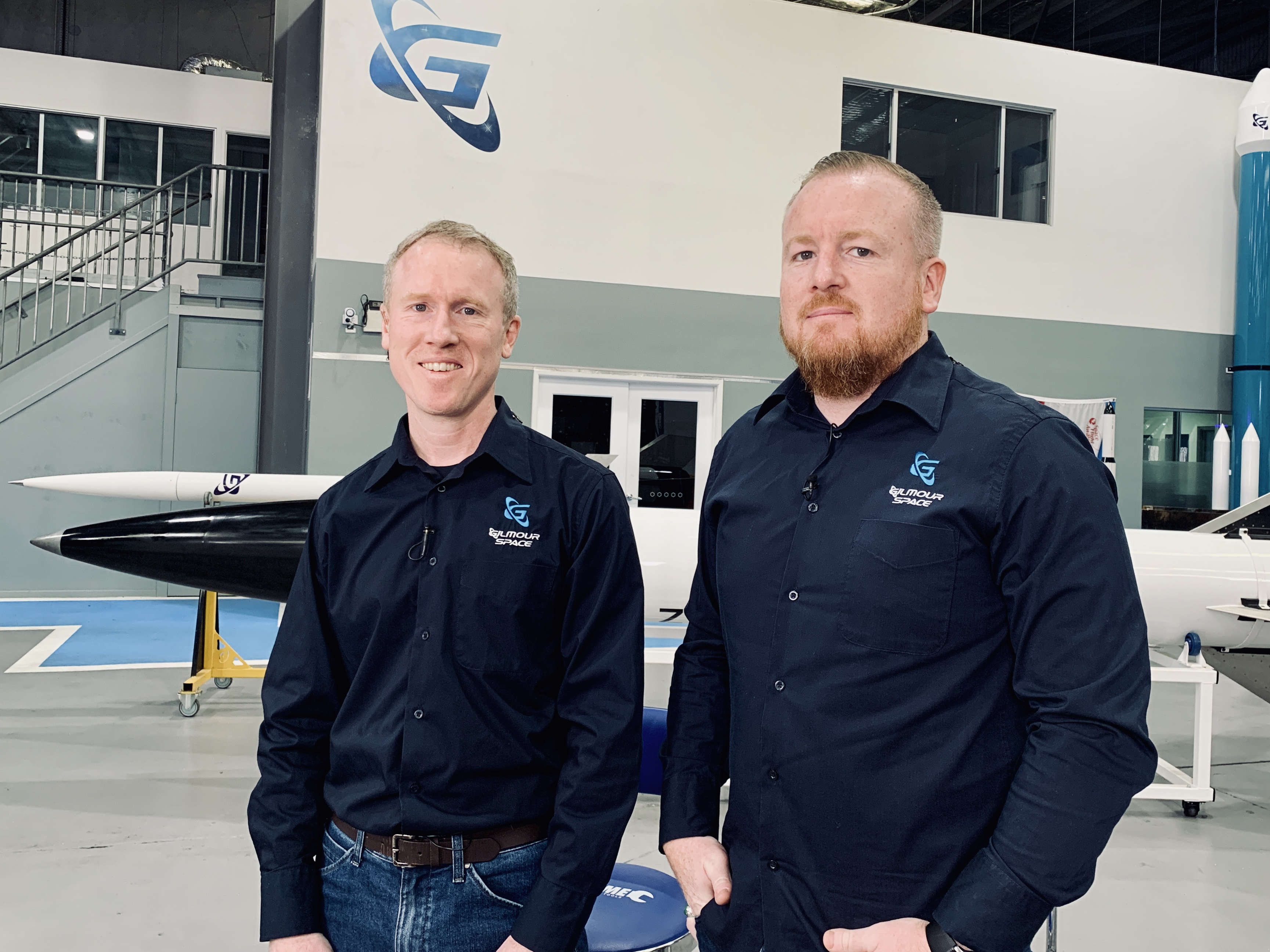Australian rocket launch startup Gilmour Space Technologies is betting that bigger isn’t always better. The company has developed a small launch vehicle it calls Eris, a 25 meter (82 foot) rocket that can deliver payload of up to 215 kilograms (474 lbs) to sun synchronous orbit. Now, it’s raised a $61 million AUD ($46 million USD) Series C round to take Eris to space next year.
Eris is much smaller than other launch companies’ rockets. Relativity Space’s Terran One has a max payload capacity to LEO of around 1,250 kg (2,756 lbs); even SpaceX’s Falcon 1, its first and smallest orbital rocket, could deliver 450 kg (990 lbs). Gilmour Space is wagering that the lighter payload will result in lower costs for a burgeoning suite of customers looking to send spacecraft to orbit.
The funds will also go toward nearly doubling the company’s workforce, from 70 to 120 employees, and developing a new commercial spaceport at Abbot Point, Queensland. Australian legislators approved construction of the launch site in May. Gilmour Space is also examining a proposed launch site in south Australia to facilitate polar orbit launches.

Adam and James Gilmour, founders of Gilmour Space Image Credits: Gilmour Space Technologies (opens in a new window)
Gilmour Space has already signed agreements with prospective customers for future Eris launches. This includes contracts with two Australian space startups: Space Machines Company, to launch a 35 kg spacecraft on Eris’ inaugural flight, and Fleet Space Technologies, to carry six nanosatellites in 2023. Gilmour Space has also signed an agreement with U.S.-based Momentus, to use its orbital transfer services.
The round was led by Fine Structure Ventures and included contributions from Australian VCs Blackbird and Main Sequence, and Australian pension funds HESTA, Hostplus and NGS Super. Blackbird and Main Sequence are returning investors after leading Gilmour’s Series A and Series B, respectively. This is the largest amount of private equity funding ever raised by a space company in Australia, and brings the company’s total amount raised to $87 million AUD ($66 million USD).
from Startups – TechCrunch https://ift.tt/3w2nPtX
Comments
Post a Comment